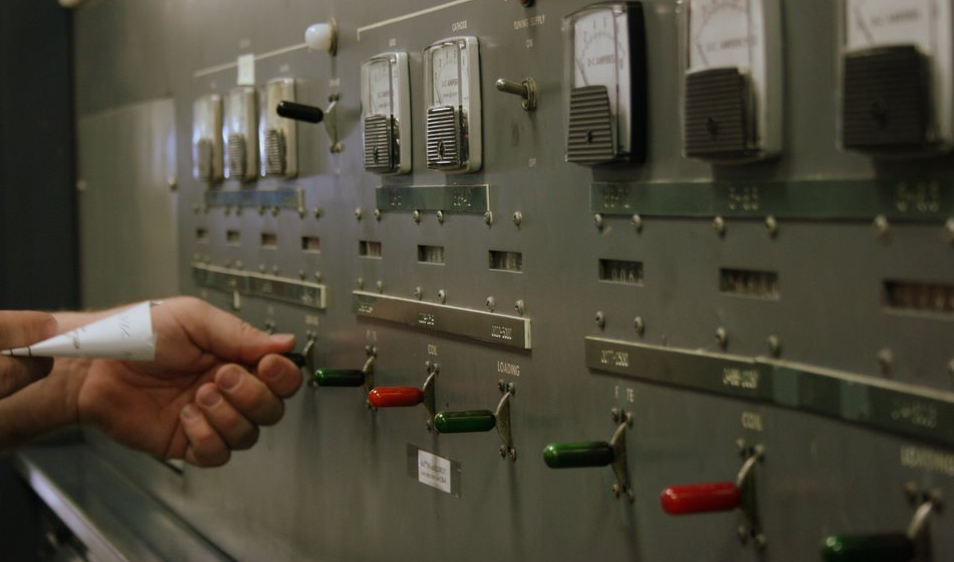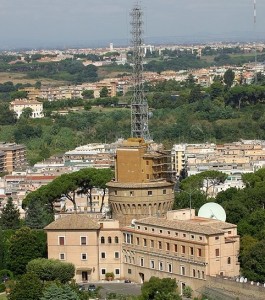The Voice of Peace Radio Ship Inaugural Broadcast with Abie Nathan: May 19, 1973
/Many thanks to SRAA contributor, Tom Gavaras, who shares the following recording and notes:
Aircheck of the start of the Voice of Peace radio ship. Voice of Peace was an offshore radio station that broadcast in the Middle East for 20 years from the former Dutch cargo vessel MV Peace, anchored off the Israeli coast on East Mediterranean. Founded by Abie Nathan and the New York-based Peace Ship Foundation, the station broadcast almost continuously between 19 May 1973 and November 1993. With sounds of the creaking ship, Abie Nathan talks about the struggles, challenges and problems to get the Voice of Peace on the air in an emotional broadcast.
Note: The tape was recorded in the Middle East and was provided to me. Unfortunately, what was previously recorded on the tape did not erase when the broadcast was recorded. You will hear in the background Angie by the Rolling Stones, whistling and a talking played at half speed and double speed -- none of these were part of the broadcast. We did our best to edit and filter out those background sounds.
Frequency: 1.539 MHz









